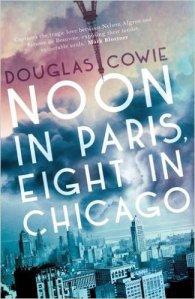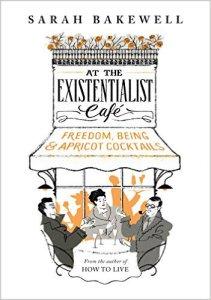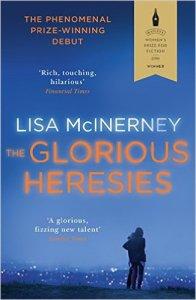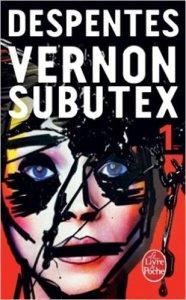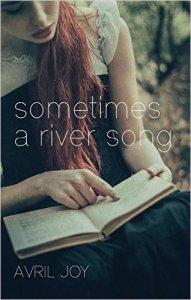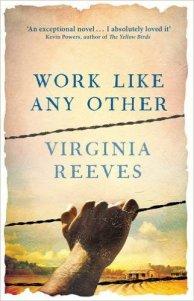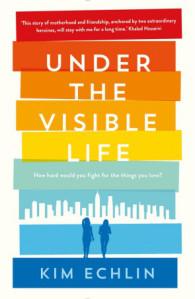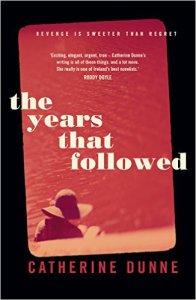Since the sole focus of today’s post is my literary year, it will be a rare positive verdict on 2016. Obviously it has been significant for me as the year my debut novel was published – I will always look back on the launch of Paris Mon Amour as one of the happiest moments of my life. I am so grateful to my agent, my publishers, my husband and the many people who have supported me for years. It’s daunting to send your book out to stand or fall for what it is; the strong response to Alexandra’s story means a great deal to me and has made it all worthwhile. Many thanks to all the readers, writers and bloggers who have supported the book and taken the time to share their thoughts. 2017 will bring a new chapter!
2016 has been a rich and rewarding year of reading, with some big changes of habit. Now I’m less hung up on new releases, I’m able to read more books I’d missed when first out, more in French (a full fifth of the total) and more non-fiction. I’ve also enjoyed re-reading The Corrections (Franzen), Perfume (Süskind), Chéri (Colette), Bonjour Tristesse (Sagan) and Belle de Jour (Kessel).
The total number of books I’ve read is 98 and for the fifth consecutive year ‘since records began’, the split turns out to be 2:1 female:male authors, a factor I consider precisely once a year. Every book that’s appeared on the Literary Sofa (about half of the total) is one that I’ve thoroughly enjoyed and wanted to recommend. Given everything I do, reading with pure enjoyment is a rarity, but I fully surrendered to the 13 books below, all of which left a deep and lasting impression. When I came to compile this Best Books of 2016, I realised they mostly come in pairs, which is a first and rather strange! Some have done extremely well, whilst others have not received the attention they deserve – I urge you to check them out!
Since most have been mentioned on the blog already, I’ll add links and keep my reasons brief.
My Book of 2016 is Douglas Cowie’s Noon in Paris, Eight in Chicago, a fictionalised account of the long and turbulent affair between Simone de Beauvoir and Chicago author Nelson Algren. This tender and vividly imagined novel simply couldn’t be more my kind of thing: France, America, writers, complicated love – I absolutely adored it. It also led me directly to my favorite non-fiction book of the year, Sarah Bakewell’s lively and accessible At the Existentialist Café. Whilst we’re at it, I was hugely taken with Sandrine Kiberlain’s portrayal of Beauvoir in the biopic Violette, on the life of her protegée Violette Leduc.
I savoured these next two for their large casts of misfits, their seemingly chaotic storylines plotted with great skill, and for their refreshing boldness. The harsh realities of the characters’ lives are portrayed with warmth, wit and insight that genuinely engaged me. Bit of a brag, but I was raving about Lisa McInerney’s The Glorious Heresies long before it scooped both The Desmond Eliot and Bailey’s prizes. Virginie Despentes’ Vernon Subutex I was the undisputed highlight of my summer holiday reading and a treat for anyone who wants Paris sans clichés – apparently it is due to be translated and published in English but I haven’t managed to find out more.
Next are two stirring historical novels set in the American South: Avril Joy’s Sometimes a River Song in 1930s Arkansas and Virginia Reeves’ Work Like Any Other in 1920s Alabama. The first has a subtle feminist streak, expressed in the voice of a teenage girl longing for emancipation, the second a strongly male perspective and story reminiscent of The Shawshank Redemption. At some level both are about freedom, integrity and family ties – beautifully written and so poignant I can’t recall either without a lump in my throat.
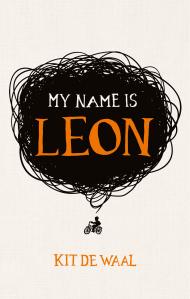
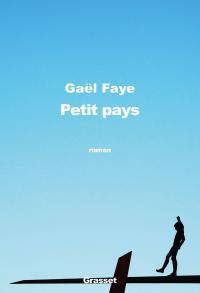
Now for two novels each with two female main characters. I was very impressed by Kim Echlin’s Under the Visible Life, which vaults across cultures and continents whilst uncovering very relatable truths about love, friendship, what it means to be a woman who exists (as we all do) in many conflicting dimensions. Similar themes run through Irish novelist Catherine Dunne’s stylish and unbelievably gripping The Years That Followed: the best of women’s fiction and literary thriller in one inspiring package.
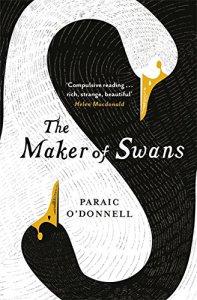
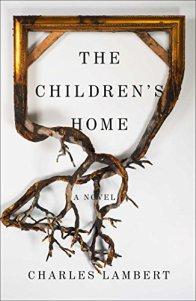
The final word goes to Graham Swift’s tiny but perfect Mothering Sunday. Sexy and tragic is my favorite combination, and this is beyond compare.
I hope you’ve enjoyed my personal round-up of the best books of 2016 (and apologies for the infuriating technical glitches that have prevented me from editing the layout) – I’d love to hear about yours. Thanks to everyone who has made this another stimulating and successful year on the Literary Sofa, and especially to my guest authors for contributing such outstanding pieces. I will be disappearing for a few weeks from 16 December for my favorite kind of end-of-year celebration: getting away from it all. Whatever you’re doing, I wish you good times!
